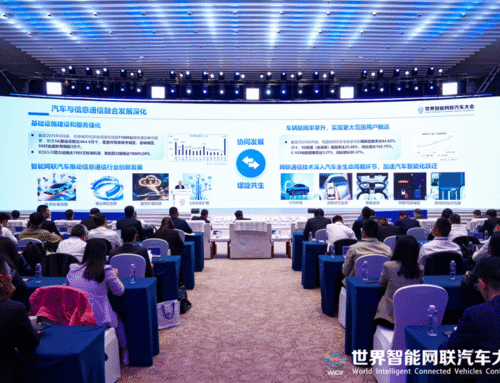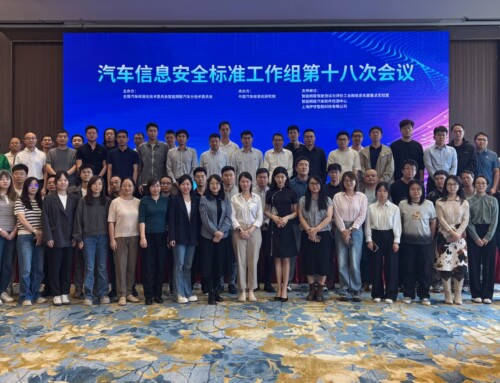China recently unveiled its new carbon footprint accounting system tailored specifically for lithium batteries. This system, officially referred to as “the Accounting System,” was introduced on June 13 and aims to assist enterprises in accurately assessing carbon reduction opportunities across all stages of a product’s lifecycle. It also seeks to guide businesses towards adopting energy-saving and carbon reduction technologies.
Under the guidance of the Ministry of Industry and Information Technology (MIIT), the Accounting System was developed in collaboration with over 100 entities including prominent Chinese universities, key lithium battery manufacturers, and relevant industry associations. This initiative marks China’s inaugural subsector-specific carbon footprint accounting system.
Key components of the Accounting System include:
- Carbon footprint accounting method: A comprehensive approach that tracks material flow, energy consumption, and waste emissions throughout the entire lifecycle of lithium batteries. This method defines basic production processes, establishes input-output relationships, and outlines the carbon footprint boundaries.
- Standard system: A set of more than 70 planned standards, including technical requirements for evaluating the carbon footprint of lithium-ion cells and batteries. These standards aim to ensure consistency and accuracy in carbon footprint assessments within the lithium battery sector.
- Background database: Version 1.0 of the database encompasses 210 data points related to lithium battery production, covering major components such as electrode materials, electrolytes, and packaging. This database, sourced entirely from China, accounts for over 95% of the total carbon emissions associated with lithium battery manufacturing.
- Accounting platform construction: The development of a dedicated platform enables enterprises to conduct comprehensive carbon footprint accounting. This platform supports data collection from suppliers, online submission, traceability, analysis of carbon reduction potential, and generation of carbon footprint reports.
The implementation of this system is expected to significantly impact enterprises operating or manufacturing in China. However, multinational corporations may face challenges due to differences between this system and international standards, particularly those in developed regions like the EU. Ensuring compliance with both local and international standards may require additional attention and effort.
Overall, China’s new carbon footprint accounting system for lithium batteries represents a proactive step towards environmental sustainability and industrial transparency within the sector.




